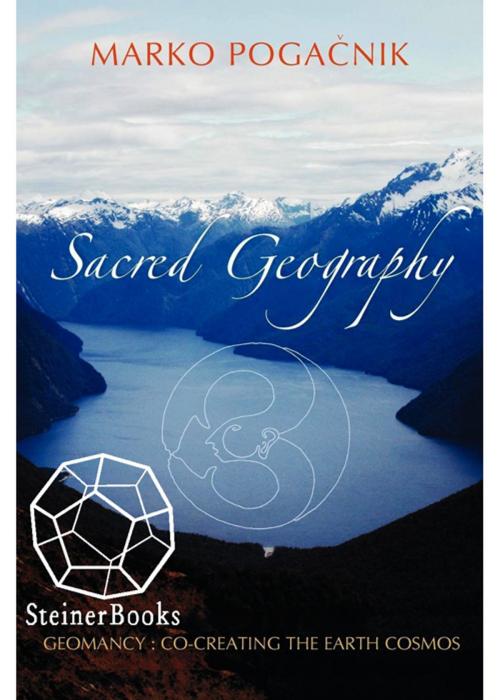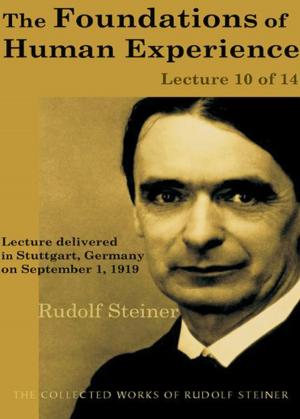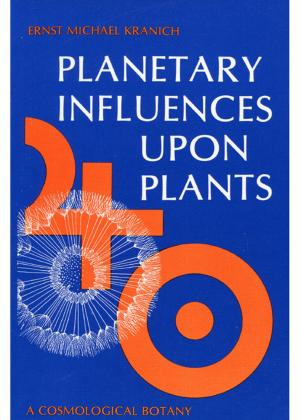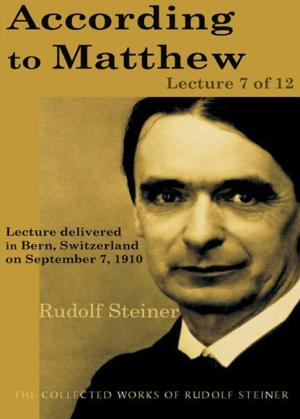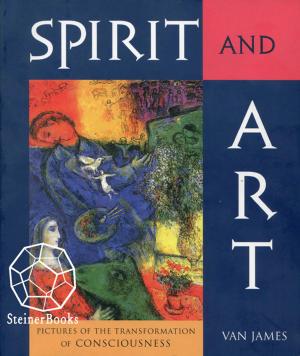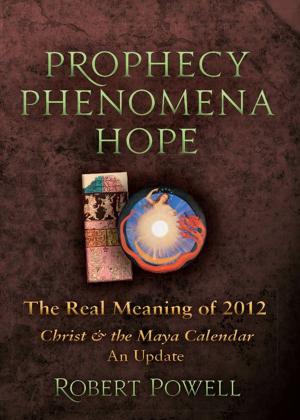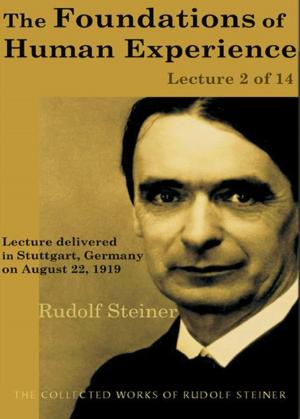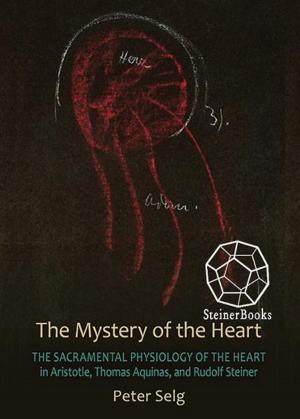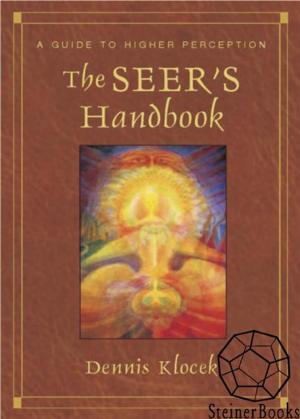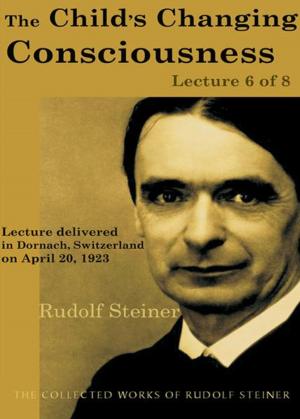Sacred Geography
Geomancy: Co-creating the Earth Cosmos
Nonfiction, Religion & Spirituality, Philosophy, Mind & Body| Author: | Marko Pogacnik | ISBN: | 9781584202097 |
| Publisher: | SteinerBooks | Publication: | December 15, 2009 |
| Imprint: | Lindisfarne Books | Language: | English |
| Author: | Marko Pogacnik |
| ISBN: | 9781584202097 |
| Publisher: | SteinerBooks |
| Publication: | December 15, 2009 |
| Imprint: | Lindisfarne Books |
| Language: | English |
Marko Pogacnik has written several books based on the results of his research into and practice of what he terms geomancy. In this book, he presents the fundamental research and principles behind this new science of the spirit. As the author writes: Geomancy is an ancient word denoting knowledge of the invisible and visible dimensions of the Earth and its landscapes. I see it as an essential complement to modern geography, which is interested exclusively in one level of reality, the material level of existence. To convey the idea that geomantic knowledge in a very specific way complements the material point of view of geography, I refer to geomancy as sacred geography. By sacred I mean that the task of geomancy in our present day is not simply to foster public interest in etheric, emotional and spiritual levels of places and landscapes, but also to promote a deeper, more loving, and more responsible relationship toward the Earth, the Cosmos, and all beings, visible and invisible. This book is conceived not just as a theoretical introduction to the worlds of sacred geography, but primarily as a practical guide through different dimensions of places and landscapes. It includes more than 170 practical examples from different parts of the world, all of them presented as original drawings. Much of the text, drawings, and exercises are intended to describe and explain methods of pluri-dimensional perception, so that the reader will feel encouraged and supported to explore and develop her or his own experiences of the geomantic phenomena presented in the book. This is an essential text for understanding the vital work of sacred geometry called geomancy.
Marko Pogacnik has written several books based on the results of his research into and practice of what he terms geomancy. In this book, he presents the fundamental research and principles behind this new science of the spirit. As the author writes: Geomancy is an ancient word denoting knowledge of the invisible and visible dimensions of the Earth and its landscapes. I see it as an essential complement to modern geography, which is interested exclusively in one level of reality, the material level of existence. To convey the idea that geomantic knowledge in a very specific way complements the material point of view of geography, I refer to geomancy as sacred geography. By sacred I mean that the task of geomancy in our present day is not simply to foster public interest in etheric, emotional and spiritual levels of places and landscapes, but also to promote a deeper, more loving, and more responsible relationship toward the Earth, the Cosmos, and all beings, visible and invisible. This book is conceived not just as a theoretical introduction to the worlds of sacred geography, but primarily as a practical guide through different dimensions of places and landscapes. It includes more than 170 practical examples from different parts of the world, all of them presented as original drawings. Much of the text, drawings, and exercises are intended to describe and explain methods of pluri-dimensional perception, so that the reader will feel encouraged and supported to explore and develop her or his own experiences of the geomantic phenomena presented in the book. This is an essential text for understanding the vital work of sacred geometry called geomancy.
